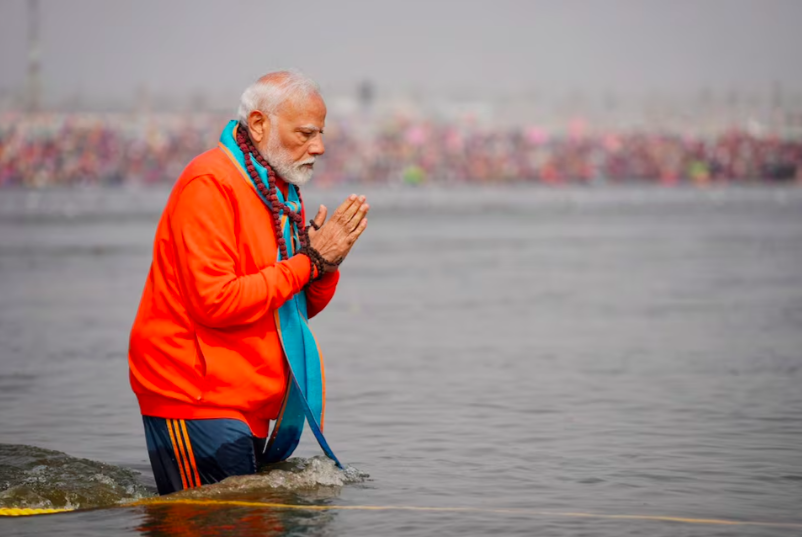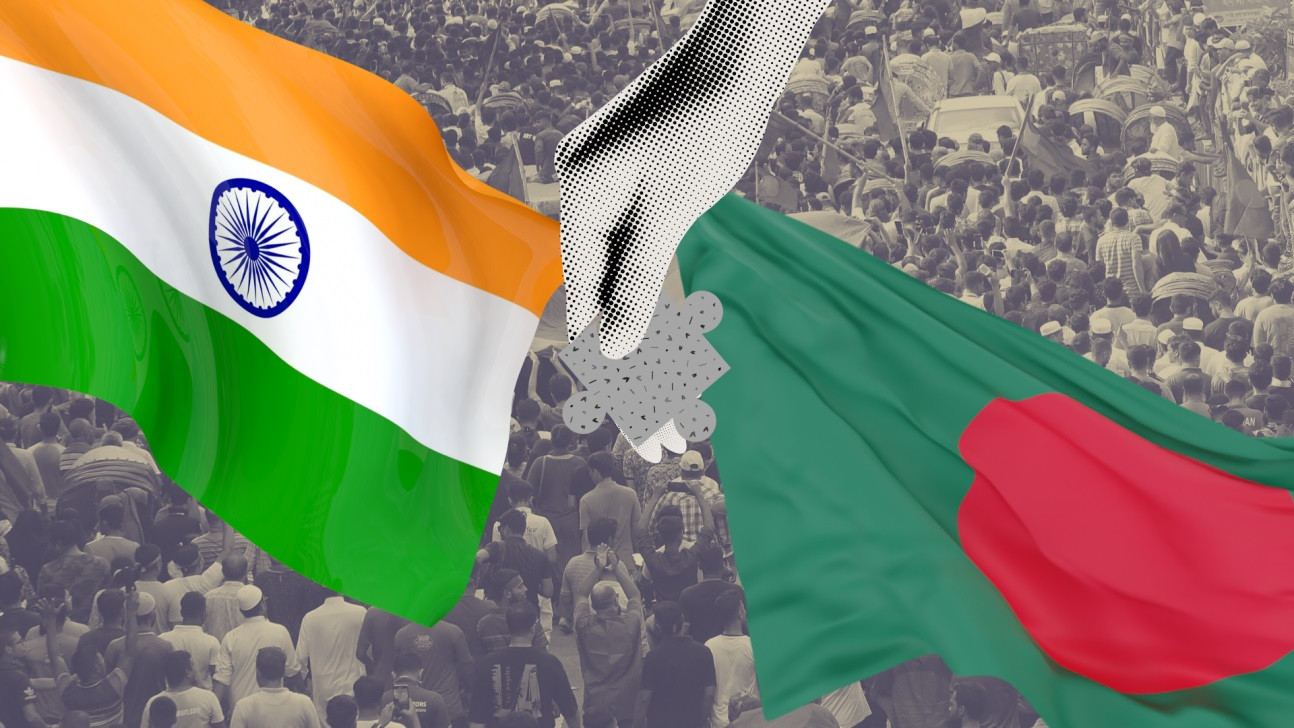As soon as the UN-mandated international protection of the Libyan people got under way, Colonel Muammar Gaddafi has rushed to condemn the new “Crusaders'” war against Islam and rally national sentiment against the “Western-led military assault”.
These words might ring hollow today, but as he continues to prolong and escalate the war, Gaddafi hopes to turn his attempt to preserve a brutal regime into a national anti-colonial struggle.
Symbolism aside, how the battle over Libya is framed is paramount for the future of the revolution in the country and the Arab world beyond.

Since the first hours of the uprising in the eastern parts of the country, Gaddafi has tried to frame it as a criminal activity carried by hallucinating drug addicts and their pushers.
But as soon as the desire for change turned into a reality and the revolutionaries swept through a number of cities and took over state institutions, Gaddafi began to speak of serious offense against the republic by thugs and rats that must be crushed.
Later, he threatened to punish these foreign-instigated ”armed gangs” for holding people hostage and threatening the security of the country.
And when finally Libya caught international attention beyond the dramatic changes in Tunisia and Egypt, the Libyan dictator changed his tune once again.
Bearing in mind Western public opinion, Gaddafi then advanced the ”war-on-terror” framework where his regime is confronted by Al Qaeda and its Islamist affiliates.
As more and more officials, diplomats and military personnel began to defect in favour of the revolution Gaddafi warned against betrayal of traitors and of Libyan fifth column.
The regime’s failure to stem the defiance of Libyans and their aspiration for change, prompted “Gaddafi junior” to threaten a civil war and “rivers of bold”.
Anticipating Arab condemnation of the regime’s use of excessive force against civilians, the Gaddafis took the righteous path, boasting of their ”great republic” fight against reactionary Arabs whom they cursed and mocked at their [Arab] League.
And when, finally, the UN Security Council adopted resolution 1973 that authorised the use of force and Western powers began to implement it, Gaddafi reverted to his favourite framework and preached a populist nationalist/Muslim struggle against Western/Christian colonial powers!
Make no mistake about it, the battle over Libya did take a turn for the worse with the international intervention to protect the Libyan people and impose no-fly zone among other measures.
The ongoing bombardment is and will remain a controversial subject that has already been criticised by the Arab league. Further escalation could lead to a backlash.
So who bears the responsibility for turning Libya into a war zone and an object of an international military intervention?
Could it be those who confronted a peaceful civil uprising for freedom with lethal force, and when it escalated into a full-fledged revolt, used aerial bombardments, heavy artillery to quell it?
Libya could have and should have gone Tunisia or Egypt’s path of change. But while their militaries conceded the need for regime change, in Libya the family-led powerful militias, financed and groomed to defend the regime’s “country estate”, sided with their pay masters.
While the Gaddafis continue to show images of pro-Gaddafi demonstrators in Tripoli to offset the images of widespread anti-Gaddafi/pro-change, in reality, Libya is not divided between two visions for their country.
Rather between a majority that seeks free and prosperous Libya, and a mostly small heavily-armed minority that runs or benefits from a corrupt rule.
Alas, even the worse regimes in history have had following among their subjects that had a stake in the system.
Needless to say, Libyans in general deserve better than to see their country ruled like a ”family farm”. That”s why they insist on taking down the regime. But the Gaddafi dynasty would not have it, threatening to take the country down with them.
That is why despite all the inflamed rhetoric and populist propaganda, when all is said and done, it is the Gaddafis who bear the responsibility for the ills and misfortunes of their country.
Marwan BishraPolitical Analyst of Al Jazeera, was previously a professor of International Relations at the American University of Paris.
The views expressed in this article are the author’s own and do not necessarily reflect BH’s editorial policy.









